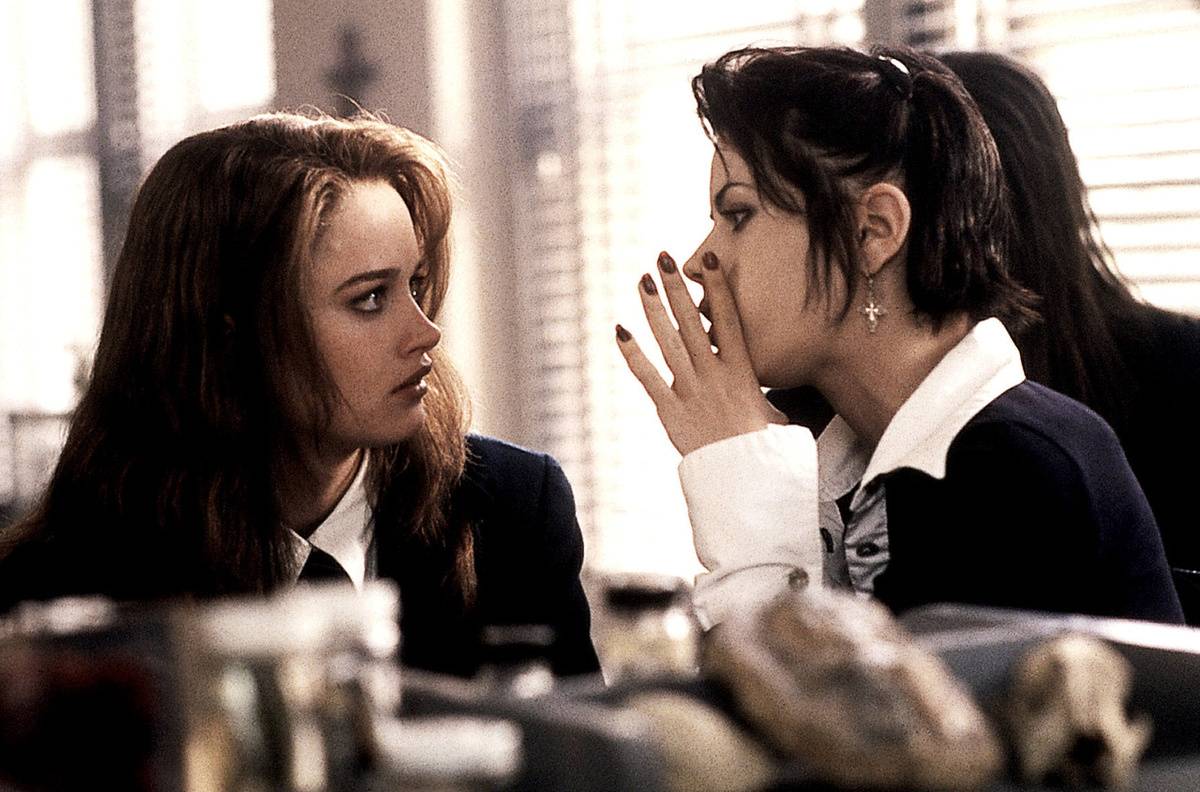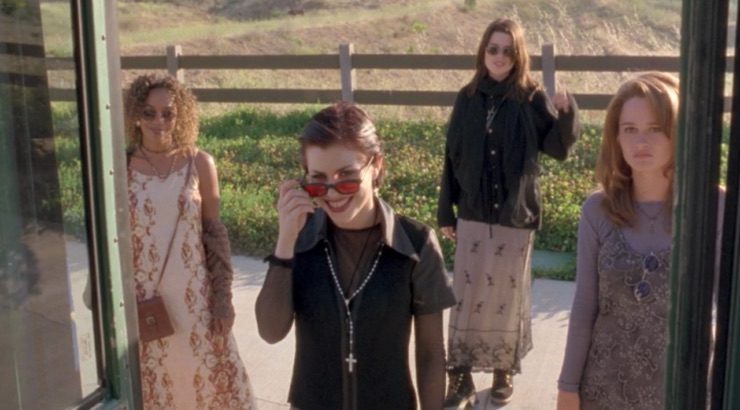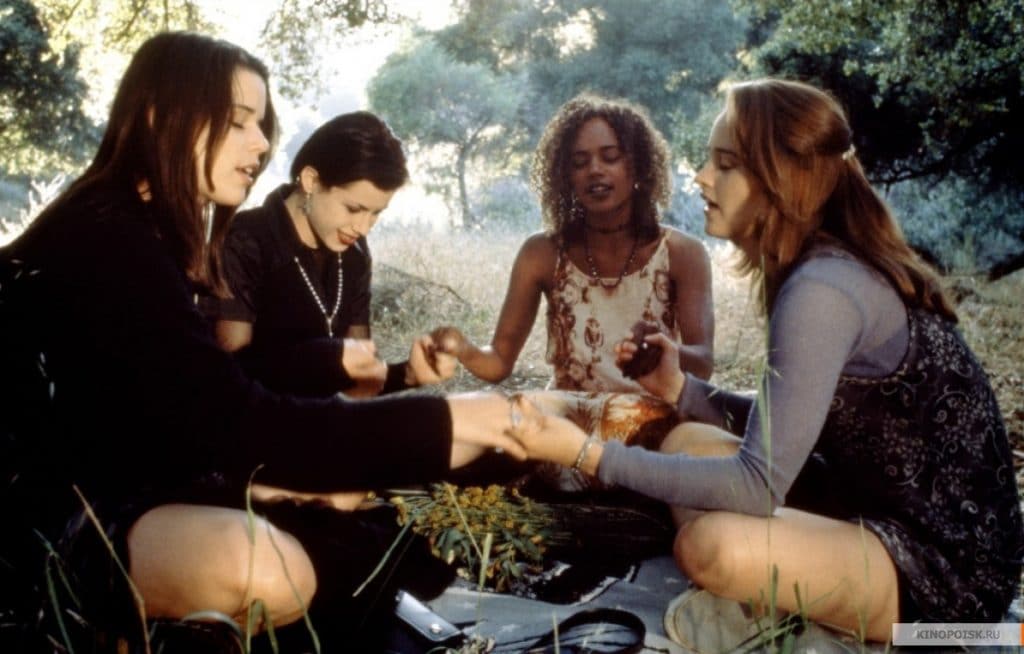
The Craft is quite clearly and very obviously one of the best teen movies to come out of the 90s.
The 1996 tale of a teen witch, played by Robin Tunney, who moves to a new town and find that there are others like her at her new school. Nancy, Bonnie and Rochelle are witches too and together they form a coven. Throw in some romance courtesy of (my) dream guy Skeet Ulrich and you have a recipe for a cult rewatchable.
But before I delve too excitedly into why this movie is a masterpiece, I'm here to tell you that a reboot is coming our way. It's called The Craft: Legacy and it's coming to us much sooner than we could have anticipated. Officially it hits Australian cinemas on November 5, but naturally there will be advanced screenings in honour of Halloween on October 30 and 31.
Without further ado, watch the trailer below and marvel as the story continues.
We don't have too many details of the plot just yet, but we can see this new movie follows on from the original events in the first film and proceeds along a similar storyline only 25 years later.
It's one that swaps out the moody matte makeup and tartan skirts of the first film for Gen-Z glitter and some truly fun fashion moments - but all the same messages of female empowerment and trusting your intuition are still there. Plus my favourite and totally iconic movie line from the 90s, "we are the weirdos, mister" makes a gallant (if somewhat less impactful) return. Mark your calendars for this one, the latest in a series of exciting 90s movies remakes.

And if you haven't seen the original film, now is the time. The uber 90s makeup, the skirt and cardi sets and the ultra blown-out 90s hair alone makes it worthwhile. But of course, if you're like me, you can read into it too. The film is set against a Catholic girls school, a belief system and doctrine that has oppressed women for centuries, even rewriting parts of history in order to do so. 'Witchcraft' and the occult on the other hand are a celebration of womanhood, a series of practices that honour divine female energy. This contrast was contextually relevant then, but somehow even more relevant today. Who said teen movies can't explore complex discourse?




